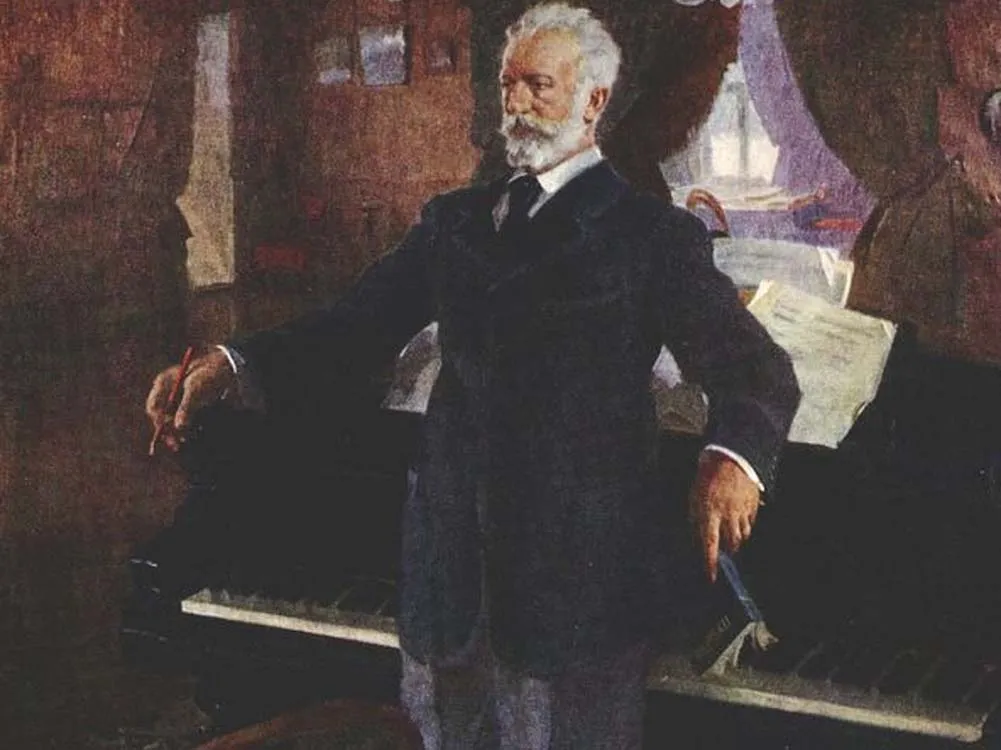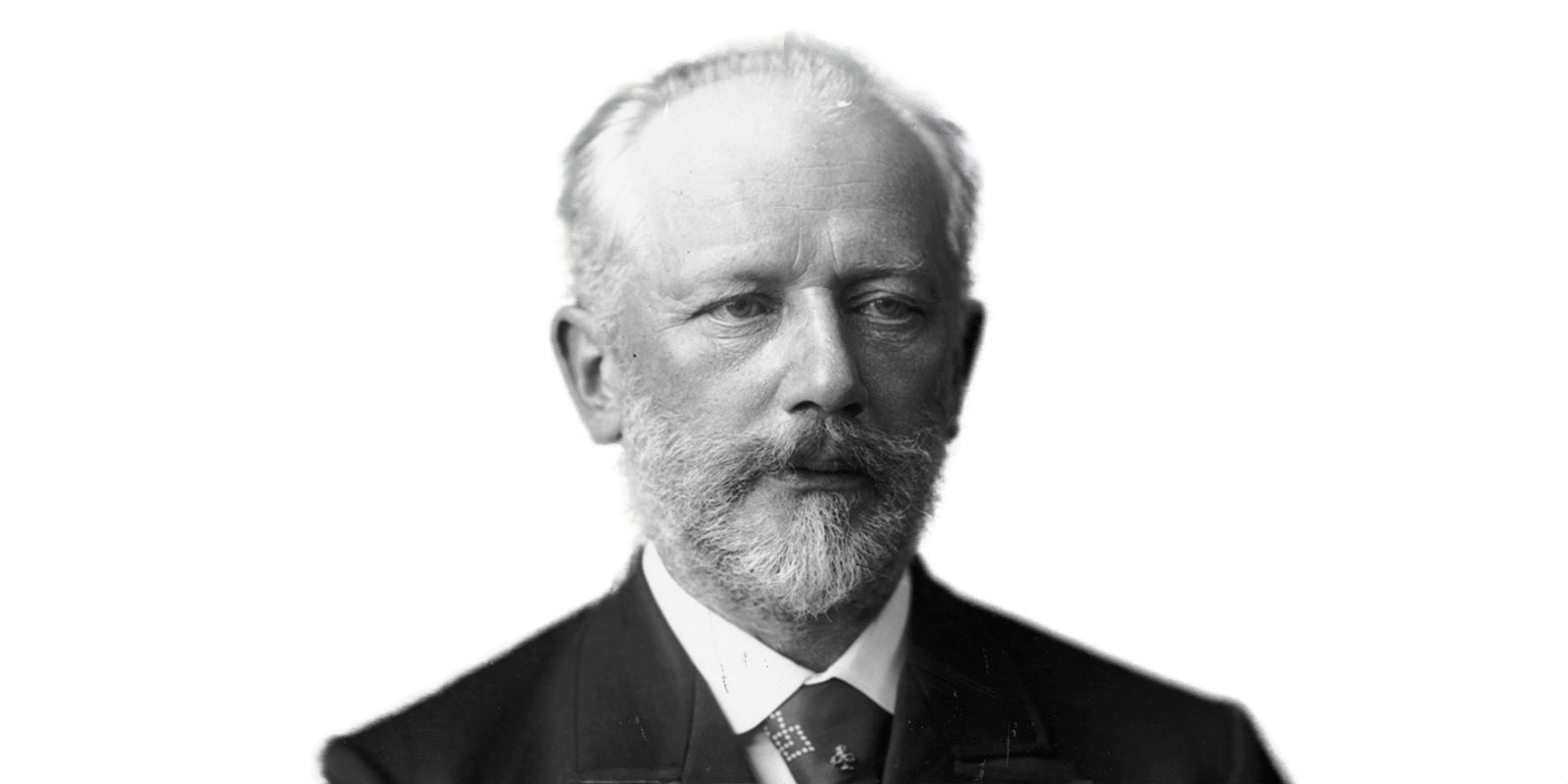
11.12.2022
The composer described himself as a misanthrope who got along with people at the cost of incredible inner torment.
The composer’s fears
The great composer was an extremely impressionable child. Tchaikovsky carried the sticky, excruciating fear of death with him throughout his life. He even later asked not to use words that hinted at death in front of him – they put him in a bad mood.
After playing the piano the young Tchaikovsky would return home nervous and upset. Paradoxically, the sounds of it would sometimes drive the future composer to a nervous breakdown.
Experts say that this kind of emotion is typical of the artistic world: art demands enormous pressure, which even an emotionally stable person cannot easily cope with.
Against criticism
Pyotr Ilyich was extremely sensitive to criticism of his works. If the public did not perceive his works favorably enough, the composer’s heart ached.
Not surprisingly, Tchaikovsky became a hypochondriac. At the same time, he called misanthropy his main “illness”. At the same time, he drew everyone’s attention to him at every social gathering.
Unsuccessful marriage
The composer’s marriage to Antonina Milyukova was unsuccessful. Husband and wife lived in the same house for only six weeks, after which Tchaikovsky left for Switzerland and, judging by his letters, even wanted to drown himself. In his correspondence, the composer stresses that his father’s passionate desire to see him married was one of the reasons for the failed union. It is also known that Tchaikovsky was planning a wedding with the French singer Desiree Artaud. It didn’t take place for a trivial reason – Artaud had married someone else.
In 1995, researcher Valery Sokolov published an article that cited Pyotr Ilyich’s letters to his brother Modest without the cuts. It turned out that more than 200 letters had been edited in the right ideological vein during the Soviet era.
In his letters to his brother, the composer confesses that he felt a real disgust for his wife. These messages paint the image of a man who, at the cost of incredible inner efforts, is trying to fight with himself, but without success.
Creativity was probably Tchaikovsky’s way out of a mental crisis; in his works he embodied tense dramatic concepts, motifs of loneliness and longing. It was not by chance that Tolstoy’s Confessions was so close to him – the torments of doubt and intense spiritual search did not leave the composer until his last days.




